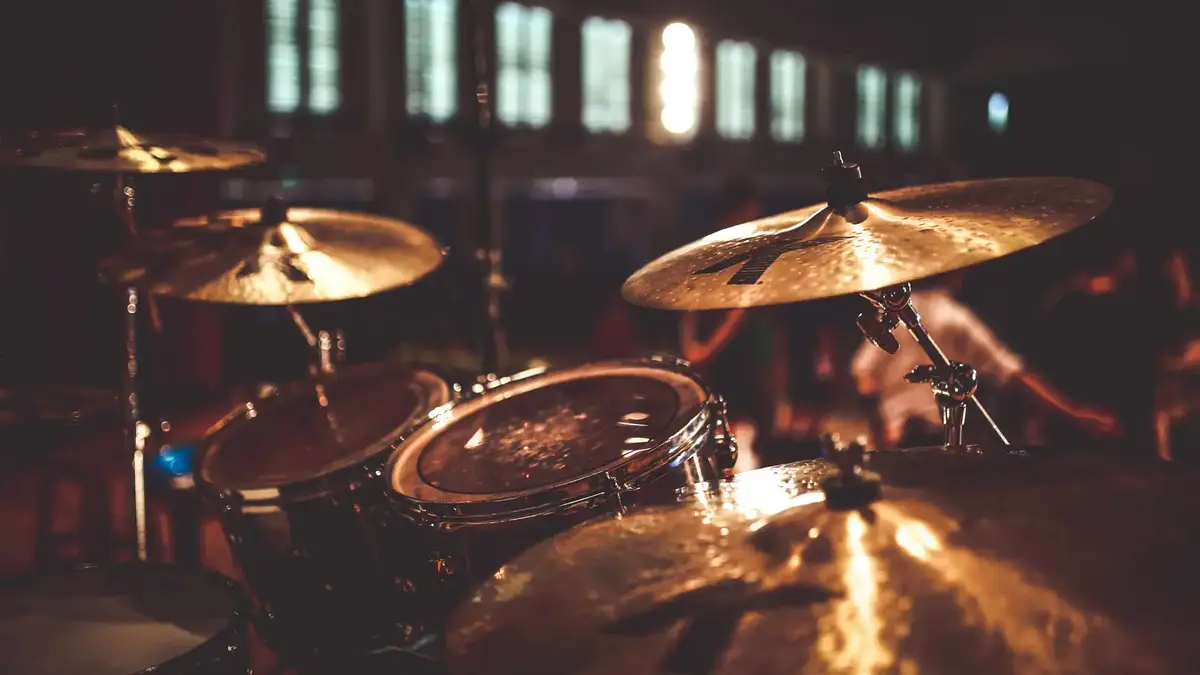Drums Lessons New York: Elevate Your Rhythm Skills
New York’s music scene pulses with energy, and drumming has always been at its core. From jazz clubs in Harlem to underground rock venues in Brooklyn, drummers shape the heartbeat of the city. For anyone passionate about rhythm, taking drums lessons in New York offers more than just technique—it provides immersion into a vibrant culture of sound, collaboration, and innovation.
Drumming is a skill that combines physical precision with artistic expression. Whether tapping out complex polyrhythms, creating grooving backbeats, or adding subtle textures to compositions, the role of a drummer is crucial across musical genres. Lessons in New York can accommodate every level of expertise, from beginners who have never held a stick to seasoned performers seeking advanced training.
The Unique Appeal of Drums Lessons in New York
Unlike smaller towns or online programs, New York presents a learning environment fueled by live performance and musical diversity. Here’s what makes these lessons distinctive:
Exposure to Diverse Genres
Jazz, funk, Latin, rock, hip-hop, and electronic beats all coexist in the city. Lessons often incorporate genre flexibility, allowing students to gain versatility.
Interaction with Skilled Mentors
Teachers often have professional gig experience, session work, and festival performances. Their guidance is rooted in real-world application, not just textbooks.
Hands-On Experience
Many lessons integrate live jam sessions, studio time, and ensemble playing, fostering stage confidence and improvisation skills.
Network Building
Students meet fellow musicians, forming bands or collaborations that can lead to recording opportunities or live shows.
Core Techniques and Skill Development
A drum kit is deceptively simple, yet mastering it requires disciplined practice. Effective lessons focus on several foundational aspects:
Stick Control: Grip techniques, rebound exercises, and dynamic control.
Timing and Groove: Using metronomes, drum machines, and real songs to internalize tempo.
Coordination: Independence between hands and feet, developing complex patterns.
Reading Music: Drum notation and rhythmic literacy for professional settings.
Improvisation: Creative expression, fills, and adapting to different musical styles.
For example, a jazz-focused session may emphasize syncopation and swing feel, while a rock lesson would drill stamina, consistency, and driving backbeats.
Choosing the Right Lesson Format
New York offers a range of lesson styles to suit different preferences and lifestyles:
Private Lessons
One-on-one sessions provide personalized feedback, allowing rapid improvement in specific areas.
Group Workshops
Interactive sessions enhance ensemble skills and foster peer motivation.
Online and Hybrid Options
Some instructors combine in-person and virtual teaching, ideal for busy schedules without sacrificing quality.
Masterclasses and Intensives
Focused programs led by renowned drummers, often involving live performance critique.
Essential Equipment and Practice Environment
Though technique matters most, the right setup enhances skill development. Drummers often start with a standard 5-piece kit (bass drum, snare, two toms, floor tom) with hi-hat and cymbals. Electronic kits are increasingly popular for quiet practice and versatile sound options.
Other considerations include:
Quality Drumsticks: Different sizes and materials affect tone and comfort.
Practice Pads: Ideal for silent technique exercises.
Metronome or Drum Machine: Crucial for timing and rhythm consistency.
Recording Devices: Evaluating progress through playback is a powerful tool.
Setting up a dedicated practice space, even in small apartments, ensures regular discipline and uninterrupted focus.
Benefits Beyond Musical Skill
Drumming offers benefits that transcend the music itself:
Physical Fitness: Engaging both upper and lower body builds endurance, strength, and coordination.
Mental Acuity: Rhythm training enhances cognitive abilities, memory, and concentration.
Stress Relief: Releasing tension through drumming promotes emotional well-being.
Social Engagement: Ensemble play develops communication and collaboration skills.
Popular Styles Emphasized in Lessons
New York drummers often encounter diverse influences, including:
Jazz: Emphasis on swing, brushes, and improvisation.
Rock & Pop: Consistency, energy, and groove patterns.
Funk & Soul: Syncopation, ghost notes, and dynamic feel.
Latin & Afro-Cuban: Polyrhythms, clave patterns, and percussion integration.
Electronic/EDM: Hybrid acoustic and electronic setups, focusing on loops and samples.
Mastering multiple styles not only broadens opportunities but also sharpens musical intuition.
How to Maximize Lessons?
Students gain more when they approach lessons strategically:
Set Clear Goals: Short-term skill milestones and long-term performance objectives.
Regular Practice: Daily exercises, even 20–30 minutes, reinforce lessons.
Record and Review: Listening to recordings reveals strengths and areas for improvement.
Play Along: Drumming with recordings or backing tracks hones timing and adaptability.
Seek Feedback: Constructive critique accelerates growth.
Community and Performance Opportunities
New York offers unparalleled chances to perform and connect:
Open Mics and Jam Sessions: Frequent events allow students to apply skills live.
Music Festivals and Workshops: Exposure to professional drummers and networking.
Local Bands and Ensembles: Students can integrate into real-world music projects.
This level of immersion transforms lessons from isolated learning to vibrant cultural engagement.
Overcoming Challenges
Drumming requires persistence. Common obstacles include:
Coordination Difficulties: Overcome with structured exercises and patience.
Time Management: Short, consistent practice sessions often outperform long, irregular ones.
Noise Concerns: Electronic kits or soundproofing can reduce disruption in apartments.
Plateaus: Rotating styles, techniques, and instructors maintains momentum.
Each challenge also provides an opportunity to refine discipline and creativity, hallmarks of accomplished drummers.
Inspirational Success Paths
Some drummers begin with casual lessons and progress to professional careers. New York’s scene enables paths like:
Session recording artists in studios.
Live performers in clubs, theaters, and festivals.
Educators teaching private or group lessons.
Hybrid careers involving electronic production and traditional drumming.
Even for those pursuing drumming as a personal passion, lessons cultivate artistic expression, confidence, and lifelong engagement with music.
Comments
Post a Comment